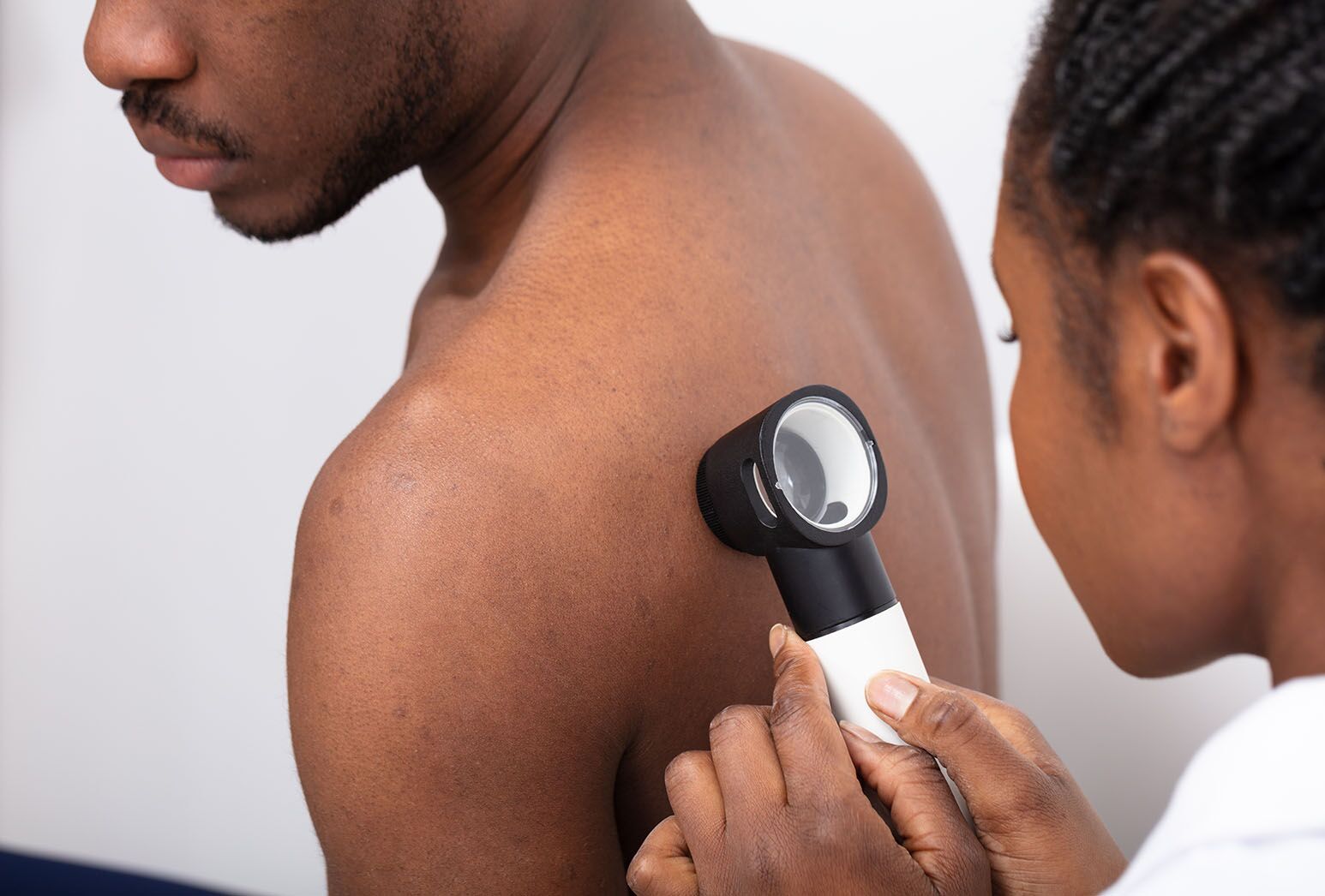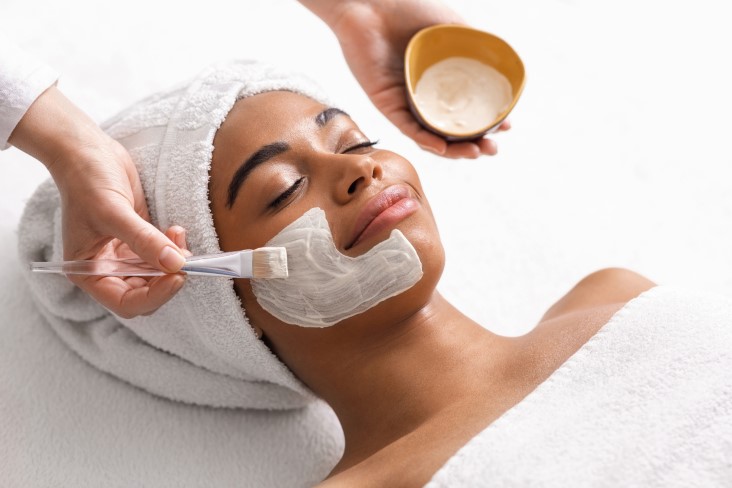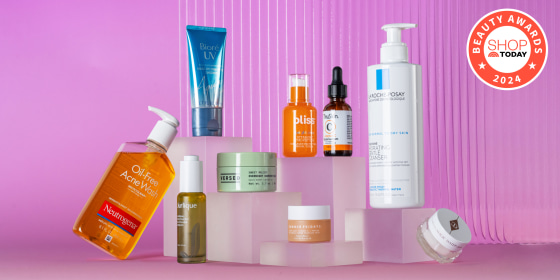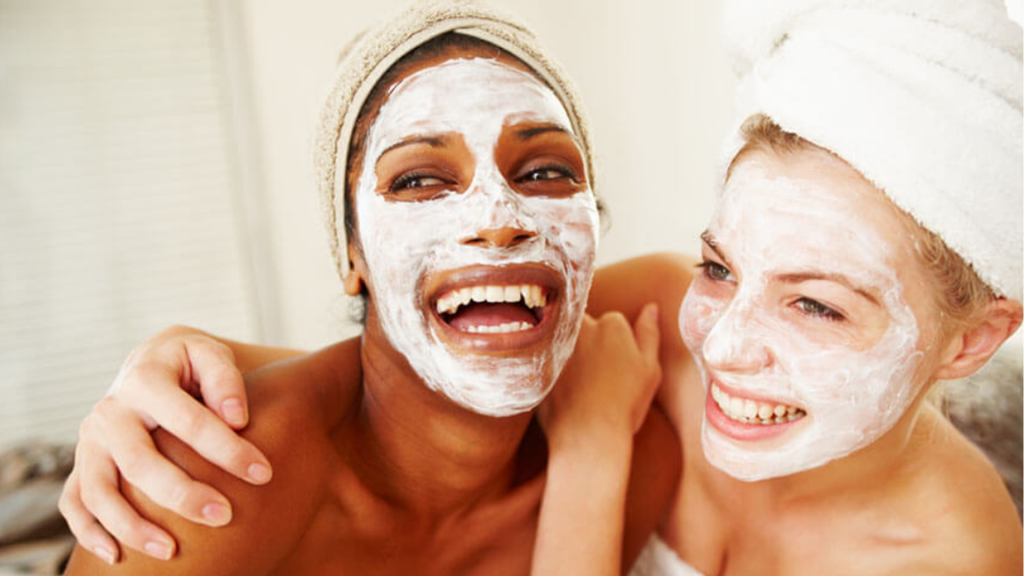“Beauty is skin deep” are timeless words first scribed by Sir Thomas Overbury in the 1600s that has boosted the confidence of people around the world for hundreds of years ever since. In the beauty industry, skin care is the intersection between cosmetics and dermatology. This intersectionality occurs because
“The US Federal Food, Drug, and Cosmetic Act defines cosmetics as products intended to cleanse or beautify (for instance, shampoos and lipstick). A separate category exists for medications, which are intended to diagnose, cure, mitigate, treat, or prevent disease, or to affect the structure or function of the body (for instance, sunscreens and acne creams), although some products, such as moisturizing sunscreens and anti-dandruff shampoos, are regulated within both categories.”
Skin care products prevent acne and other blemishes, while cleansing the skin for impurities. These products are included for the whole body, not solely the face. Alongside the product uses, the skin professionals differ between dermatologist and estheticians.

Dermatologists are physicians due to the medical degree included in the licensing process. To become a certified dermatologist, one must complete a bachelor’s degree, a medical degree, an internship, and residency. They can diagnose skin conditions, prescribe medications, or suggest treatment for any skin condition outside of cosmetic products.

Estheticians can earn their license with a minimum of 260 hours of work at an accredited school and passing the state exams. According to the New York state, estheticians are allowed to:
“Perform facials, cleansing, exfoliating, extracting, and applying facial masks.
-Provide waxing and threading techniques for face and body hair removal.
-Apply makeup for special events and teach clients makeup techniques.
-Teach clients about proper skincare, sun protection, and maintaining healthy skin.
-Work in various settings, including luxury spas, dermatology offices, or film or television productions.” (Staff, NYS)
Both dermatologist and estheticians work on the full body, not just face. The biggest threat to skin care is the sun.
“Sunlight travels to Earth as a mixture of both visible and invisible rays, or waves. Long waves, like radio waves, are harmless to people. But shorter waves, like ultraviolet (UV) light, can cause problems. The longest of these UV rays that reach the Earth’s surface are called UVA rays. The shorter ones are called UVB rays. Too much exposure to UVB rays can lead to sunburn. UVA rays can travel more deeply into the skin than UVB rays, but both can affect your skin’s health. When UV rays enter skin cells, they upset delicate processes that affect the skin’s growth and appearance” (Staff, News in Health)

While professionals have the in-depth training for great techniques and methods, skin care can be effective from the comfort of one’s home. Retail stores are loaded with products that can help anyone create a daily skin care regimen to maintain healthy glowing skin. A basic daily routine consists of cleansing, toning, and moisturizing (Sunblock when leaving the house). To enhance the regimen you can include an eye cream and face serum. Products can be alternated depending on the issues at hand. There are products that are segmented by day and night to optimize the ingredients used. These simple steps can improve skin for any novice looking to repair and rejuvenate skin damage experienced from day to day activities.
References
Staff. (n.d.-b). Esthetics. https://dos.ny.gov/esthetics
Staff. (2024b, June 17). Sun and skin. https://newsinhealth.nih.gov/2014/07/sun-skin

